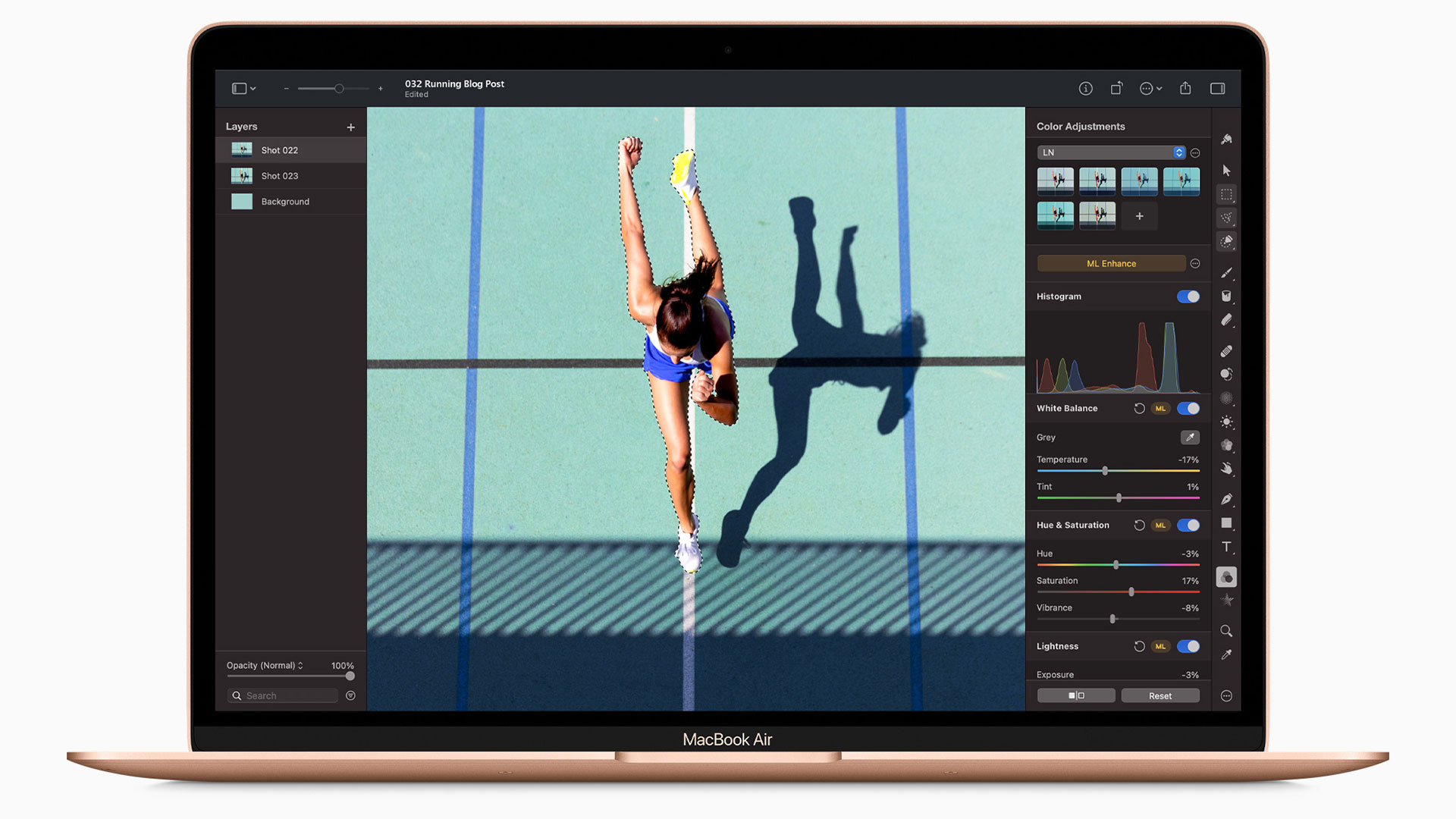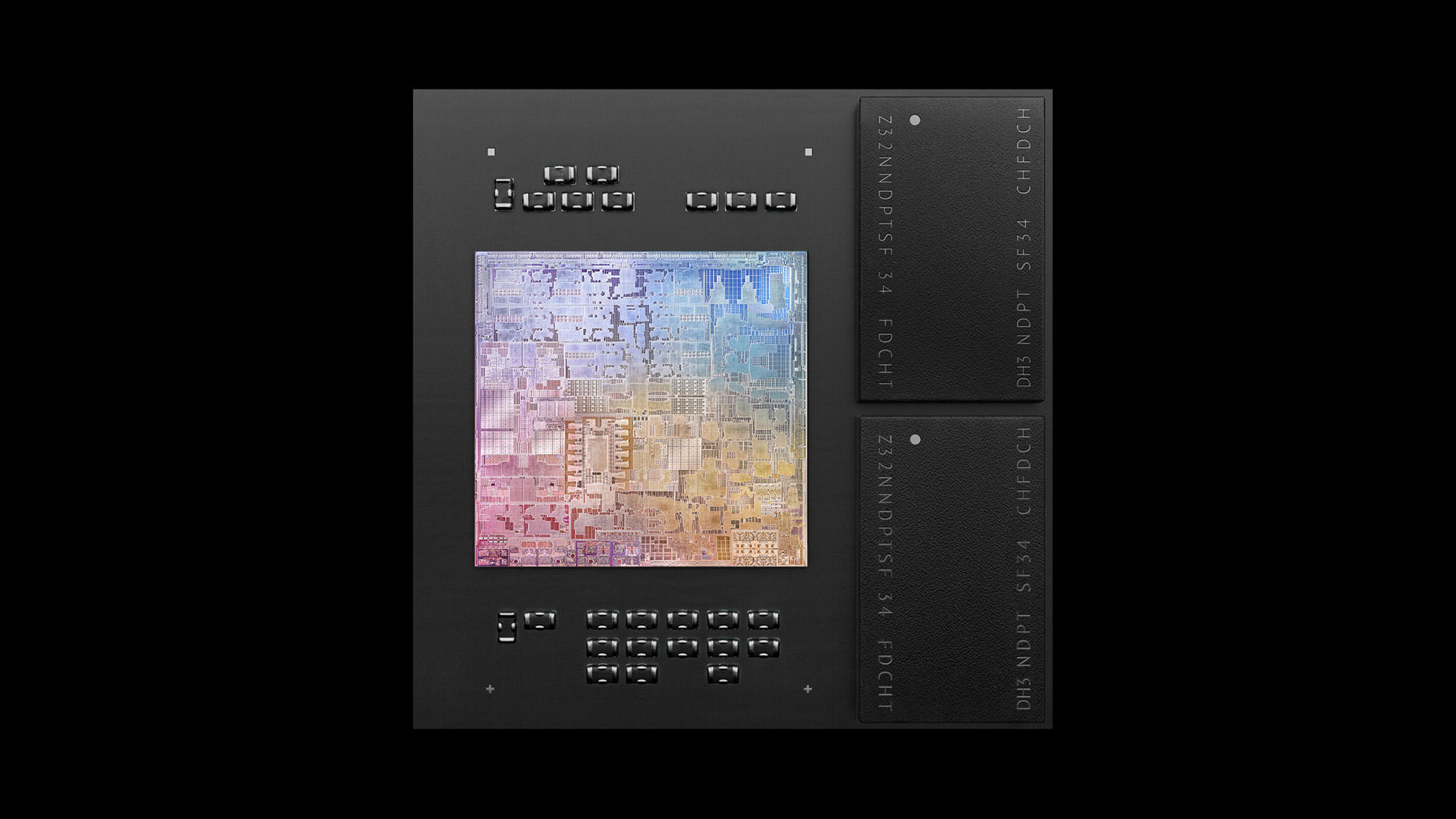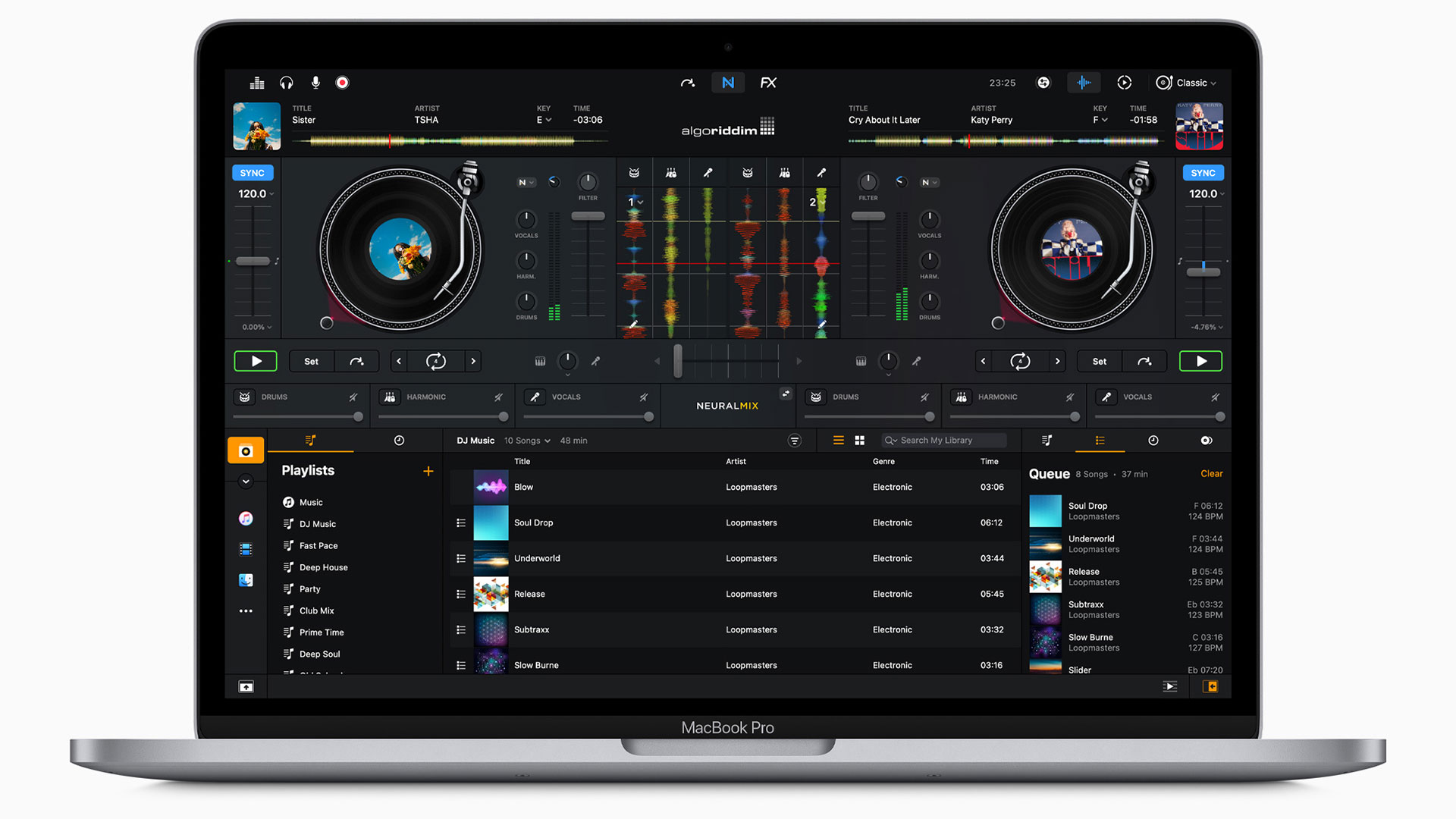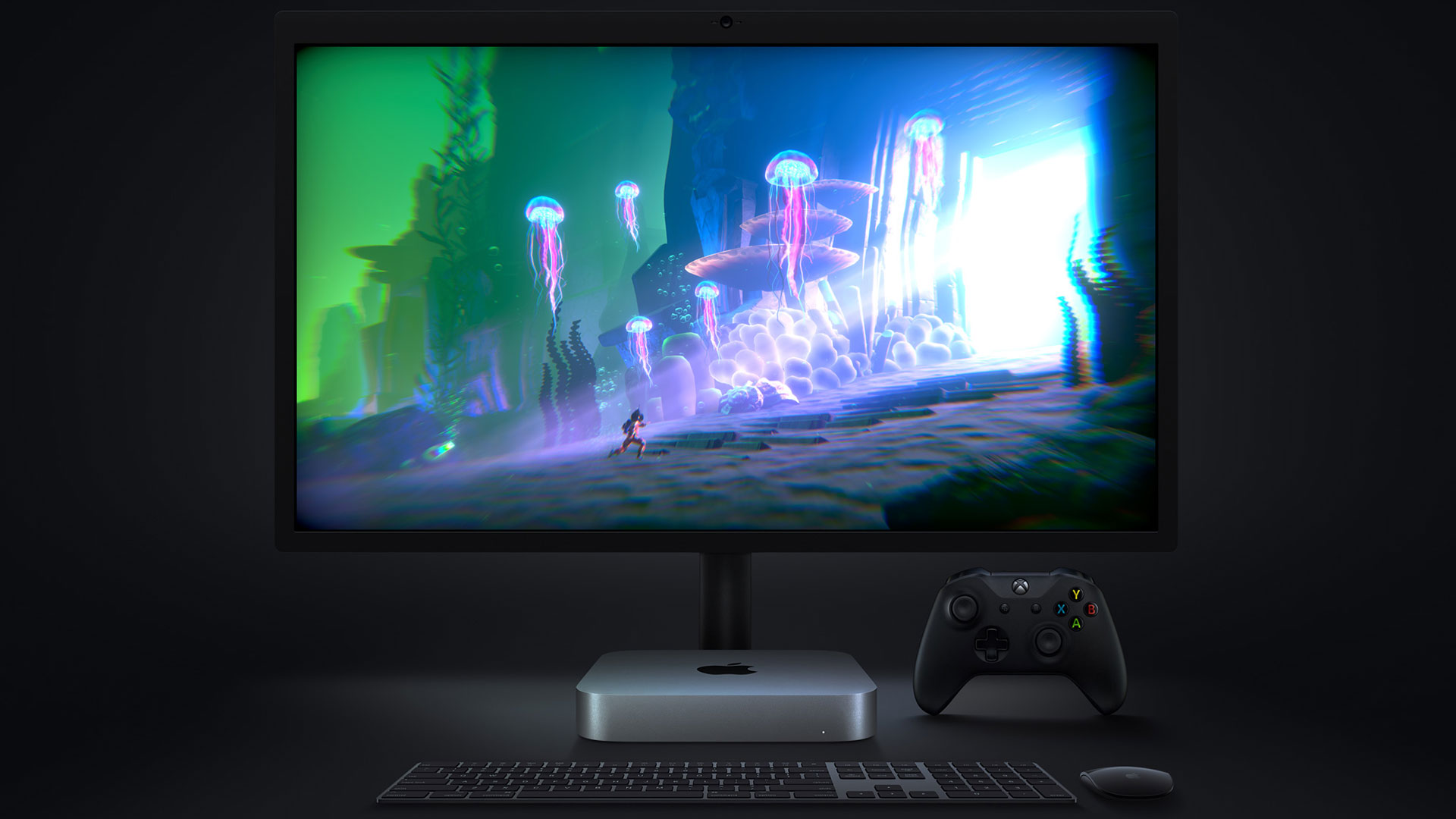Affiliate links on Android Authority may earn us a commission. Learn more.
Apple's first Arm-based computers include new MacBooks and the Mac Mini
Published onNovember 10, 2020

- Apple has unveiled the first Macs using its Arm-based silicon, the new MacBook Air, 13-inch MacBook Pro, and Mac Mini.
- They run on Apple’s brand new M1 chip.
- The new computers arrive next week starting at $699 for the Mac Mini.
Apple is making good on its promise to introduce the first Macs using its Arm-based silicon. The company has introduced new versions of the MacBook Air, Mac Mini, and 13-inch MacBook Pro that reportedly deliver speed and battery life advantages over x86-based systems.
The new computers revolve around a brand-new M1 processor that builds on the technology used in iPhones, iPads, and the Apple Watch. The 5-nanometer chip includes four high-performance cores, four high-efficiency cores and an eight-core GPU. Apple claims the new Arm MacBooks offer higher performance per watt than a comparable Intel processor, and the fastest integrated graphics in any laptop. Apple boasts that Macs are overall more responsive, too, with even pro apps like Final Cut Pro and Logic running some tasks multiple times faster than before.

You’ll also find the 16-core Neural Engine from the A14 Bionic to improve AI-related tasks, as well as improved security even on boot-up. Image processing technology should improve camera quality for video calls, a crucial update at a time when many are working from home.
Battery life takes large strides forward, too. Apple claims the MacBook Air lasts for up to 15 hours of web browsing, and 18 hours of video playback — several hours more than the previous Air. The 13-inch MacBook Pro lasts for up to 17 hours of browsing and 20 hours of video, delivering the best claimed battery life of any Mac laptop.

The MacBook Air design is familiar, but is now completely fanless, adds USB 4 and should deliver roughly twice the SSD performance on top of gains from the M1. Apple boasts that it should be faster than 98% of competing laptops. The 13-inch MacBook Pro (also similar to its predecessor) adds a fan system, but that makes it powerful enough to play 8K video in creative tools like DaVinci Resolve without dropping frames. Even the Mac Mini should outrun considerably larger Windows desktops in its class, according to Apple.
Apple doesn’t think app compatibility will be an issue with the new Arm Macs. On top of universal binaries that run both Apple Silicon- and Intel-native code, Rosetta 2 allows Intel-only apps to run smoothly on the new systems. Software will sometimes run better than on earlier Intel hardware, the company claims. You might have to wait awhile for third-party native apps, though. Adobe Lightroom will get support in December, while Photoshop appears in early 2021.

The MacBook Air will start at a familiar $999, with the 13-inch MacBook Pro starting at the usual $1,299. The Mac Mini is dropping to $699, or $100 less than its Intel-based counterpart. All of them arrive next week (orders are already open), with MacOS Big Sur reaching existing Macs on November 12.
It’s too soon to tell if these computers will live up to Apple’s claims. With that said, there’s little doubt that Apple is aggressively pitching its first Arm-based Macs. It believes they’re not only large strides forward compared to earlier models, but should be highly competitive with (if not superior to) Windows machines. They might leave Qualcomm scrambling, too. Although you’ve long found Arm chips in PCs like the Surface Pro X, they’ve generally struggled against similarly-priced x86 systems. That might not be an issue for the first Apple silicon Macs.